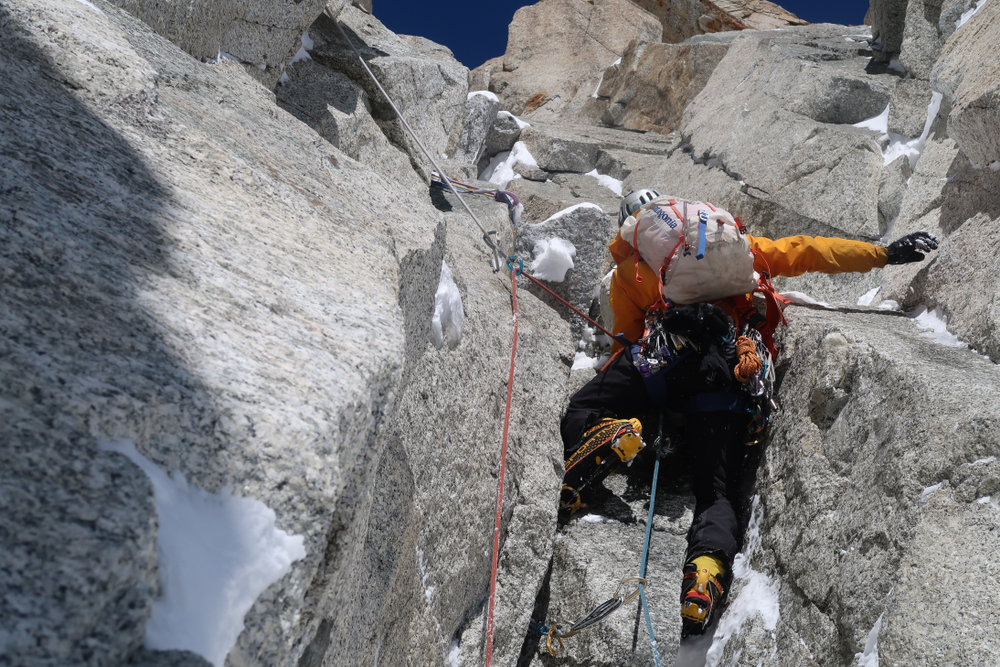Rediscovering the Majesty of Horseback Travel
As the sun rises over the horizon, bathing the landscape in a golden hue, the rhythmic clip-clop of hooves echoes through the tranquility of the morning. Horseback travel, an ancient mode of transportation often relegated to the annals of history, is making a resurgence in the travel and transportation sector. With its unique blend of tradition, adventure, and sustainability, horseback riding offers travelers a chance to connect with nature, explore hidden trails, and experience the thrill of journeying as our ancestors did. This article delves into the resurgence of horseback travel, its impact on travelers, and current trends shaping its future.

An Ode to Our Equestrian Past
The history of horseback travel dates back thousands of years, tracing its roots to when humans first domesticated horses in Central Asia around 3500 BC. This mode of travel revolutionized human mobility, opening up new vistas for exploration, trade, and cultural exchange. Despite the advent of modern transportation, the romance and adventure associated with horseback travel have ensured its enduring appeal.
Horseback Travel Today: A Blend of Tradition and Innovation
In the current travel landscape, horseback travel is emerging as a favorite among those seeking authentic, eco-friendly, and immersive experiences. From guided trail rides and horse safaris to long-distance trekking on historic routes, horseback travel offers varied experiences catering to different traveler inclinations. The growth of equestrian tourism, supported by advancements like GPS-guided trails and equestrian glamping, is testament to its rising popularity.
Advantages and Challenges of Horseback Travel
The advantages of horseback travel are manifold. It offers a slower, more mindful way of travel that fosters a deeper connection with nature. Horseback travel is also eco-friendly, as it reduces carbon emissions and minimizes damage to trails. However, it also presents challenges such as ensuring animal welfare and accessibility for beginners. These challenges are being addressed through responsible tourism practices and beginner-friendly riding experiences.
The Impact of Horseback Travel on Travelers
The impact of horseback travel extends beyond the journey. It enhances mental well-being, builds resilience, and fosters a sense of accomplishment. The bond between rider and horse also offers unique insights into non-verbal communication and empathy, enhancing the overall travel experience.
A Trove of Equestrian Experiences
- Horse Safaris: Witness wildlife up close in destinations like Botswana and Kenya.
- Historic Route Trekking: Follow ancient trade routes or pilgrim trails in places like Spain and Mongolia.
- Equestrian Glamping: Combine horseback travel with luxury camping in the American West or Argentine Pampas.
In conclusion, horseback travel is a testament to the enduring allure of traditional modes of travel. It offers a unique blend of adventure, culture, and sustainability, appealing to the modern traveler’s quest for authentic and responsible travel experiences. As this trend continues to evolve, it remains rooted in its rich heritage, reminding us of the timeless magic of exploring the world from the back of a horse.






